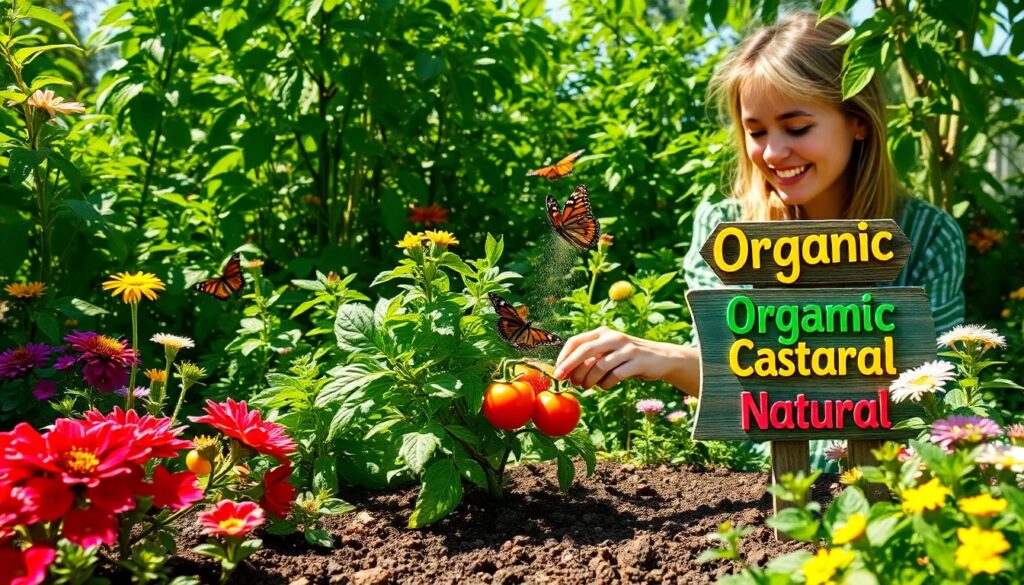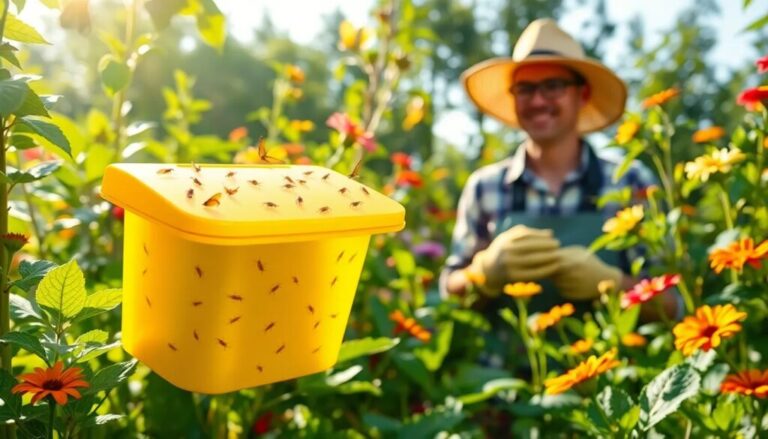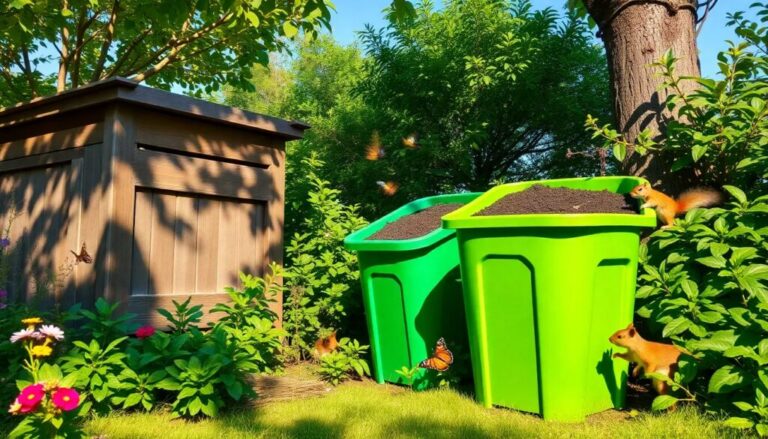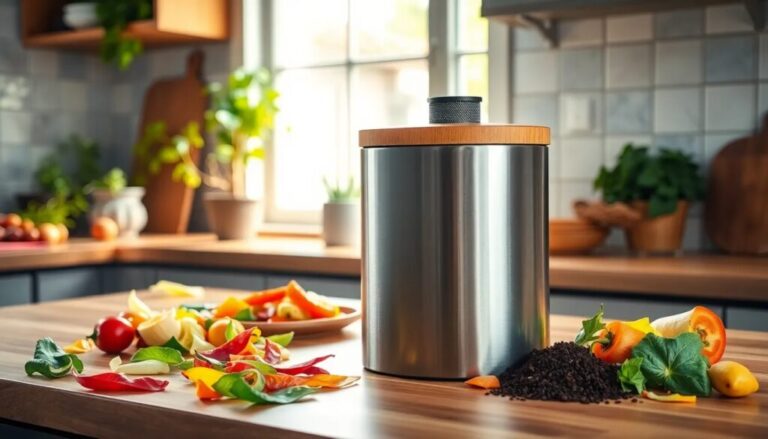Organic pest control solutions
Organic pest control methods are essential for maintaining a healthy garden without the use of harmful chemicals. These methods rely on natural processes and materials to manage pests effectively, ensuring the safety of both plants and families. By adopting organic pest control solutions, gardeners can create a sustainable environment that promotes biodiversity.
One of the primary advantages of organic pest control is its focus on sustainable practices. By understanding the ecosystem, gardeners can utilize beneficial insects and natural repellents to deter pests. This not only protects the plants but also supports a balanced environment.
Another significant aspect of organic pest control is its emphasis on healthy soil. Nutrient-rich soils contribute to robust plant growth and resilience against pests and diseases. By fostering a thriving soil biome, gardeners can minimize the need for intervention while enhancing their garden’s overall health.
Understanding organic pest control: what are its benefits?
Organic pest control offers numerous benefits that extend beyond just eliminating pests. One of the most notable advantages is the promotion of environmental health. Unlike chemical pesticides, which can harm beneficial organisms, organic methods support an ecosystem where natural predators thrive.
Additionally, organic pest control practices are safer for families and pets. Many families are increasingly concerned about the exposure to chemical residues in their gardens. By choosing organic solutions, they can ensure that their children and pets can enjoy the garden without health risks.
Furthermore, organic pest control contributes to soil health and sustainability. Practices such as crop rotation and composting not only manage pests but also improve soil structure and fertility. This leads to a more resilient garden capable of withstanding pest pressures over time.
How do organic pest control products work?
Organic pest control products operate on various principles, often leveraging natural ingredients that disrupt pest life cycles or deter them entirely. For example, biopesticides are derived from natural materials and target specific pests without harming beneficial organisms.
One common method involves using natural repellents made from essential oils or plant extracts. These substances emit scents that repel pests while being safe for humans and animals. This can be particularly effective in keeping unwanted insects at bay.
Additionally, many organic pest control products work by enhancing the garden’s natural defenses. For instance, adding certain nutrients can strengthen plants, making them less susceptible to pest invasions. This proactive approach is crucial in effective organic pest control strategies.
What are the best organic pest control solutions for your garden?
When selecting organic pest control solutions, it’s important to consider specific needs based on the types of pests and plants in your garden. Here are some of the best options:
- Neem oil: A natural insecticide derived from the neem tree that disrupts pest reproduction.
- Insecticidal soap: Effective against soft-bodied insects like aphids and spider mites.
- Companion planting: Using certain plants to repel pests naturally, such as marigolds with vegetables.
- Beneficial insects: Introducing ladybugs or lacewings that prey on harmful pests.
Each of these solutions contributes to a balanced ecosystem in your garden. By employing a mix of these methods, you can achieve effective pest management without compromising the health of your soil or plants.
How to implement integrated pest management in organic gardening?
Integrated Pest Management (IPM) is a comprehensive approach that combines multiple strategies to control pest populations sustainably. The first step is pest identification, which involves recognizing the specific pests and understanding their life cycles. This knowledge is crucial for effective management.
Next, monitoring is essential. Regularly checking for pest activity allows gardeners to determine when intervention is necessary. This step is vital in avoiding unnecessary treatments that could disrupt the ecosystem.
Once pest populations are identified and monitored, gardeners can select appropriate management techniques. This might include using biopesticides, introducing beneficial insects, or implementing cultural control practices like crop rotation to prevent pest outbreaks.
What are the cultural control methods for organic pest management?
Cultural control methods play a pivotal role in organic pest management. These strategies focus on modifying gardening practices to deter pests naturally. One effective method is crop rotation, which helps break pest cycles by changing the location of specific crops each season.
Another cultural method involves maintaining healthy soil through composting and proper irrigation. Healthy soil promotes robust plant growth, making them less vulnerable to pest attacks. This approach not only prevents pest issues but also enhances overall garden vitality.
Additionally, implementing proper sanitation practices—such as removing debris and weeds—can significantly reduce pest habitats. A clean garden environment is less inviting for pests, which is essential in maintaining an effective organic pest control strategy.
How to identify beneficial and harmful pests in your garden?
Identifying beneficial and harmful pests is crucial for effective pest management. Beneficial insects, such as ladybugs and predatory wasps, play a vital role in controlling pest populations. Gardeners can encourage these allies by planting nectar and pollen-rich flowers.
On the other hand, harmful pests like aphids and cutworms can damage plants if not managed promptly. Regular monitoring and pest identification are essential to ensure that beneficial insects are not harmed while controlling harmful populations.
Using resources such as field guides or online databases can assist in identifying specific pests and their beneficial counterparts. Knowing the differences can help gardeners make informed decisions about management tactics.
Tips for transitioning from chemical to organic pest control practices
Transitioning from chemical to organic pest control practices may seem daunting, but it’s a rewarding process. Start by gradually replacing chemical products with organic alternatives. For instance, begin using natural pest control methods for home gardens instead of synthetic pesticides.
Next, focus on building healthy soil. Incorporating compost and organic matter can improve soil structure and fertility, fostering a resilient garden ecosystem. This foundational work is essential for effective organic pest management.
Lastly, educate yourself about the specific needs of your garden. Understanding your plants and the pests that affect them will empower you to make informed decisions throughout your transition. By embracing these practices, you will create a safe and sustainable garden environment.










